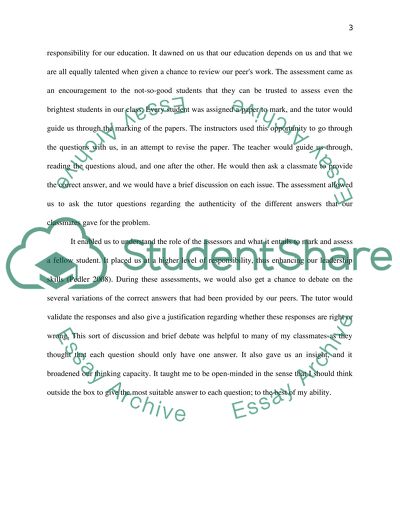Cite this document
(“Peer Assessment Essay Example | Topics and Well Written Essays - 1750 words”, n.d.)
Peer Assessment Essay Example | Topics and Well Written Essays - 1750 words. Retrieved from https://studentshare.org/education/1700151-peer-assessment
Peer Assessment Essay Example | Topics and Well Written Essays - 1750 words. Retrieved from https://studentshare.org/education/1700151-peer-assessment
(Peer Assessment Essay Example | Topics and Well Written Essays - 1750 Words)
Peer Assessment Essay Example | Topics and Well Written Essays - 1750 Words. https://studentshare.org/education/1700151-peer-assessment.
Peer Assessment Essay Example | Topics and Well Written Essays - 1750 Words. https://studentshare.org/education/1700151-peer-assessment.
“Peer Assessment Essay Example | Topics and Well Written Essays - 1750 Words”, n.d. https://studentshare.org/education/1700151-peer-assessment.


